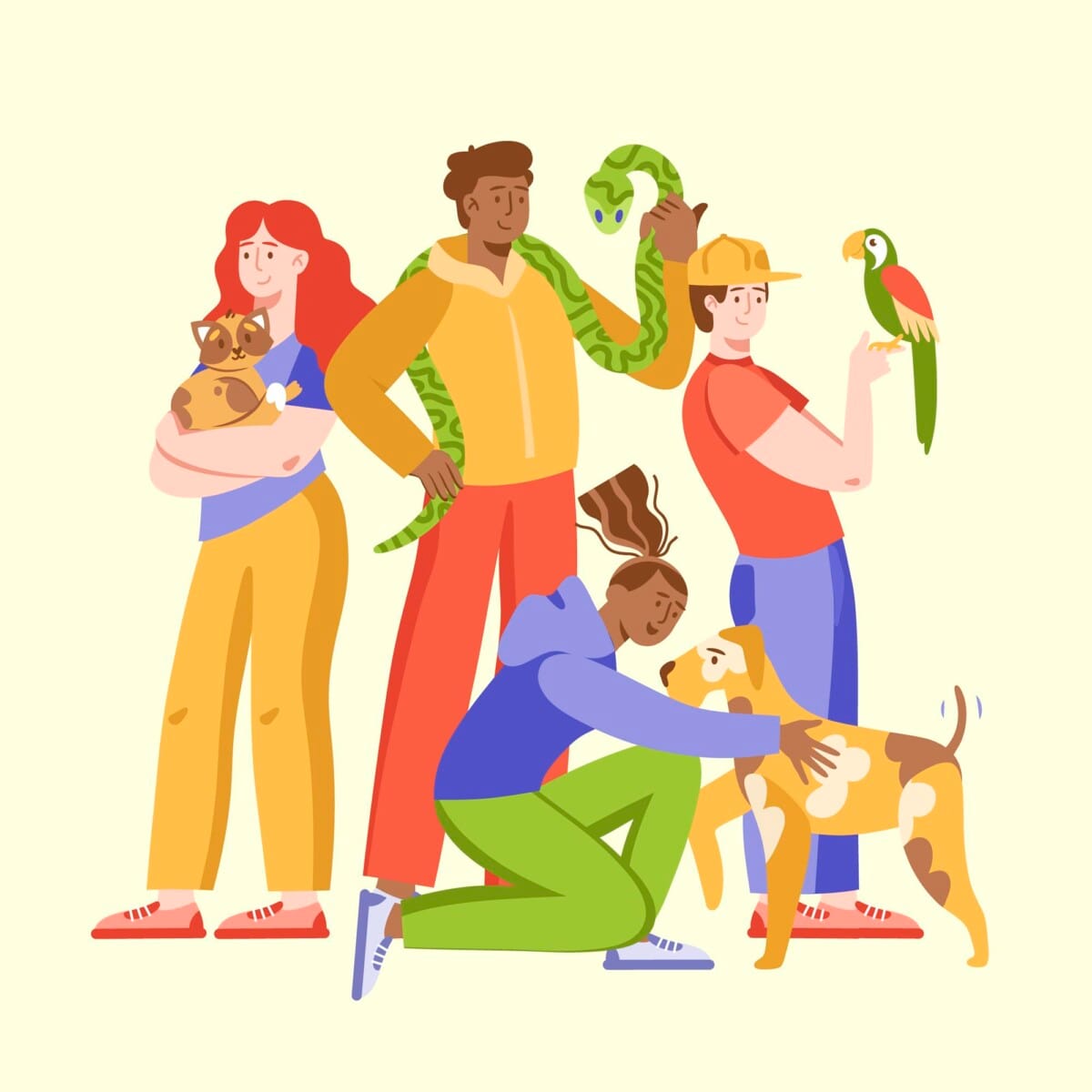Speaking of Animals
Animals have always captured human imagination, influencing art, literature, and, of course, language. From ancient myths to modern conversations, animals provide a rich source of metaphors and analogies that help us express complex ideas in relatable ways. English is particularly rich in animal-themed idioms and sayings, which reflect not only human behavior but also cultural values, beliefs, and observations about the natural world.
Consider the idiom ‘A leopard can’t change its spots,’ which suggests that people cannot change their true nature. This expression highlights a universal belief in the consistency of character, rooted in the unchanging patterns of a leopard’s coat. On the other hand, ‘The elephant in the room’ refers to an obvious issue that everyone avoids discussing, demonstrating the human tendency to sidestep uncomfortable truths.
These idioms make communication more colorful and relatable, allowing us to use animal traits to describe human experiences, such as resilience (‘like water off a duck’s back’), efficiency (‘kill two birds with one stone’), or secrecy (‘let the cat out of the bag’).
What’s fascinating is how these phrases also reveal cultural perspectives. While some animal idioms are unique to English, others have parallels in languages worldwide, showing shared human experiences. Exploring these sayings not only enriches our understanding of English but also deepens our appreciation for the interplay between language, culture, and nature.









